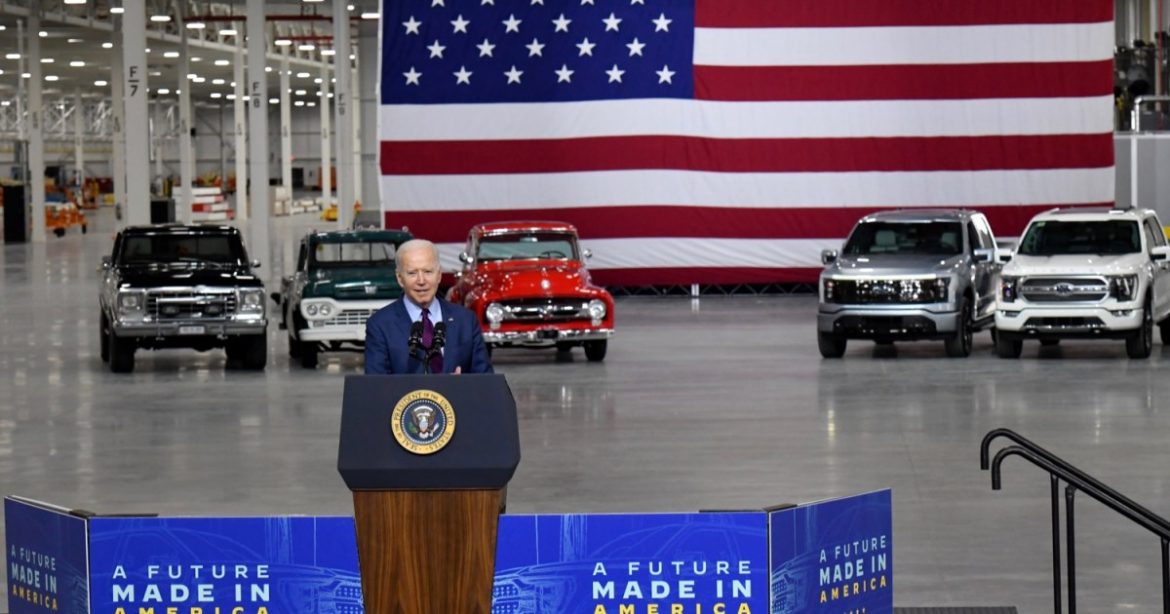If you’re looking to buy or lease an electric vehicle (EV) and benefit from the Biden administration’s $7,500 tax incentive, you’d better act soon.
The transition team of the incoming Trump administration is already planning to end the credit, according to a report from Reuters citing sources with direct knowledge of the matter.
Under the Biden administration’s Inflation Reduction Act (IRA), an EV with key components, including batteries, made in the U.S. is eligible for the incentive upon purchase or lease of the vehicle.
-
BYD’s cheap EVs might remain out of Canada too
EVs recently accounted for 6.8% of all vehicles sold in the U.S., up 1.6% from 2022, when the IRA was passed. According to some estimates, the share of EVs was expected to grow to 33% of the U.S. market in 2030. But following the results of the U.S. presidential elections, those estimates are now down to 28% of the market.
Despite the expected hit to EV sales, Trump’s plan to end the incentive has received the blessings of representatives from Tesla, the bestselling EV maker in the U.S., sources quoted in the Reuters report say. Tesla CEO Elon Musk was recently appointed by the incoming administration to lead a newly created “Department of Government Efficiency”.
In July, Musk was asked if he thought ending the incentive might hurt Tesla sales.
“I guess that there would be some impact, but I think it would be devastating for our competitors and for Tesla slightly,” Musk said during a call with investors. “Long term, [this] probably actually helps Tesla,” he added.
Besides the tax incentive, the Biden administration this year imposed 100% tariffs on Chinese-made electric vehicles, which are leading the global race in making EVs more affordable. Keeping those out of the U.S. will already limit competition and put a floor on EV prices domestically.
Tesla’s Musk recently said that lowering the price of a regular Tesla model down to $25,000 would be “pointless” and “silly.” Tesla, Musk said, believes “the future is autonomous,” referring to the recent launch of its Robotaxi self-driving vehicle.
Some rival EV makers, meanwhile, are trying to enter the affordable space more aggressively in the U.S.
General Motors has already released its Chevy Equinox EV at a price of $27,500, including federal tax credits. Volkswagen America says it plans to release an under-$35,000 EV in the U.S. by 2027.




